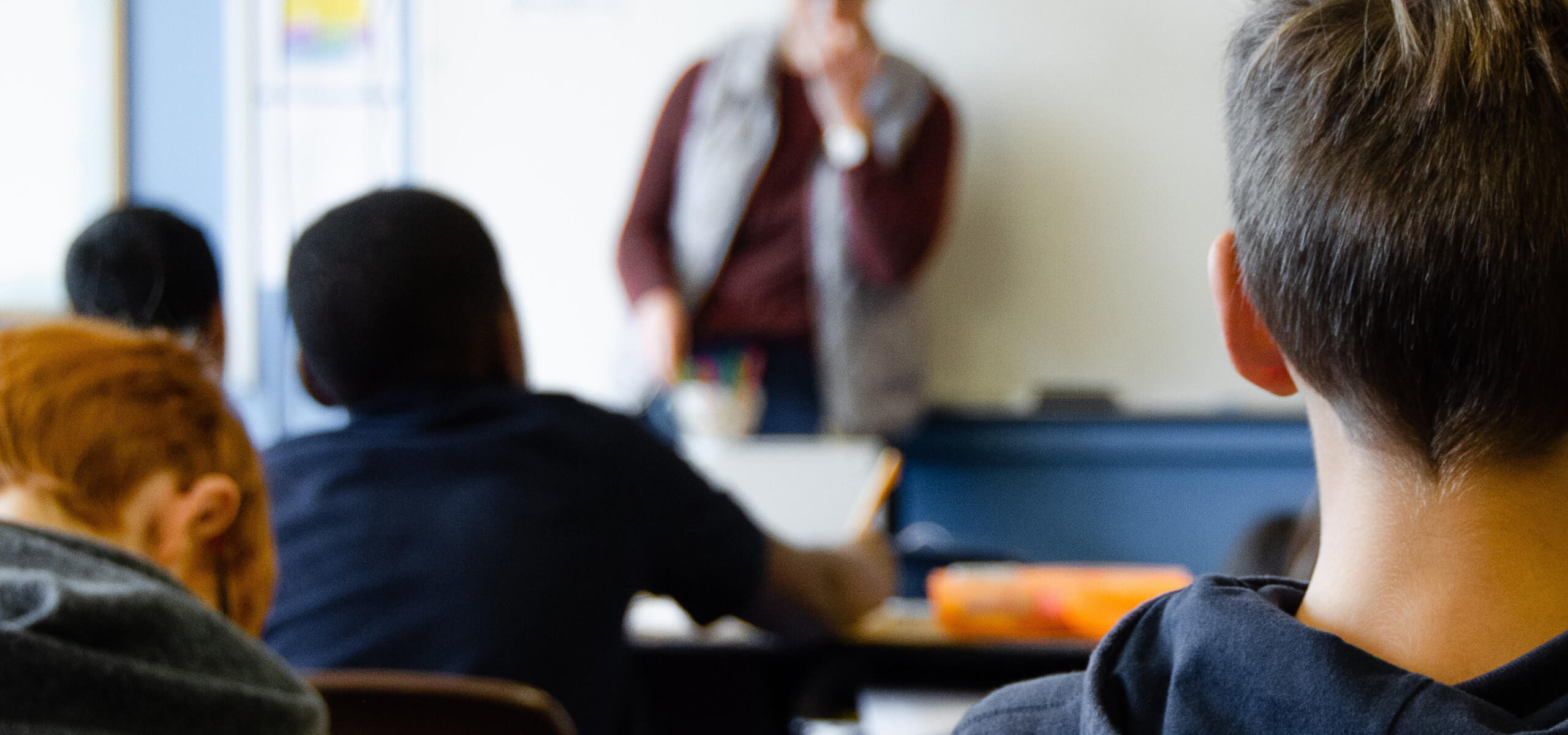Why children can trust teachers to mark them fairly

One of Britain’s leading psychologists today tells children from disadvantaged or minority backgrounds that they should generally trust their teachers not to show “unconscious bias” against them.
Speaking after the Government announced that this year’s GCSE grades will be awarded exclusively by teachers with no algorithm to moderate results, Gurnek Bains, CEO of Global Future, the think tank that provides psychological insight into cultural issues and current affairs, said:
“This has been a big issue, particularly for minority communities like the one I come from, because of previous studies showing some children have suffered from the so-called soft bigotry of unconscious bias and low expectations.
“But last summer’s GCSEs were a nationwide experiment testing this theory of unconscious bias and the good news is that there is no evidence of it being a systemic problem. Although there will still be some individual cases that need to be tackled by schools and there are, of course, vast inequalities in our education system, it’s really important that kids know they can trust their teachers.
“We should acknowledge when things go well as well as point out the challenges and obstacles that exist for children from these groups. Our teachers by and large did a really good job last year possibly because increased awareness of unconscious bias among them has helped to combat it.
“We also know that unconscious bias tends to be broken down as you build a relationship with someone and get to know them. As teachers spend huge amounts of time with their students by the time they have reached Year 11, any potential bias could have been replaced with genuine insight into the ability of each student based on merit.”
Many groups have expressed concern that students from disadvantaged backgrounds, including those on free school meals or in care, or those from historically under-achieving ethnic minority groups, will suffer from teachers’ unconscious bias. There is past academic research that suggests teachers may be guilty of such prejudice and low expectations of these groups, whilst exams are considered fairer because they are ‘blind’ (1).
But data from both the Department for Education disadvantage gap index (2) and independent research like that from FFT Education Data Lab (3) have found no evidence of teacher assessments widening inequalities in last summer’s GCSEs.
Indeed, the attainment for children from ethnic groups who on average got the lowest grades in 2019 – Gypsy/Roma, Irish Heritage Traveller and Black Caribbean –improved the most in 2020.
(Source: FFT Education Data Lab, see link 2 below)

